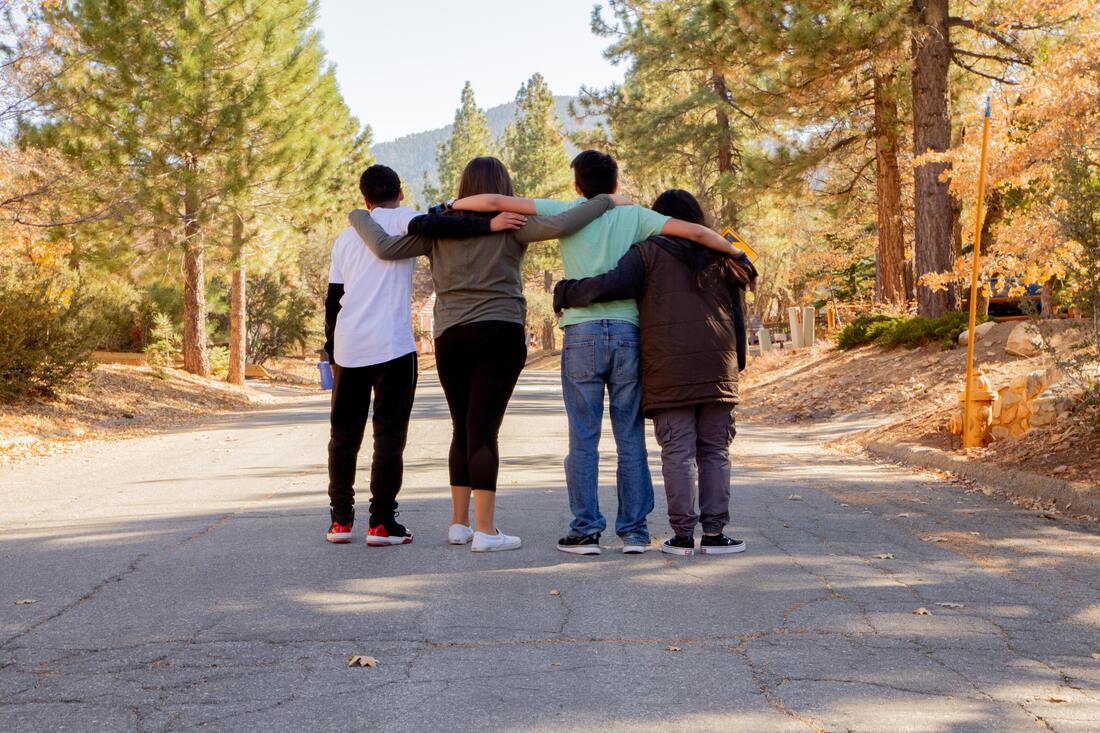How is the winter break coming to an end already? I know many of you may be ready for your kids to go back to school as the lack of structure was hard for them and you. If your winter break was anything like mine, your routines and schedules were non-existent, even if you tried. There was likely more screen time, more junk food and sugar.
You know that getting back into a routine for school is important but you may not be quite ready to say goodbye to the relaxed time over the break. I also recognize that this break may have not gone as planned for many with holiday plans and trips being cancelled due to the recent surge in covid cases. Many of you may have spent the time sick or caring for sick family members. Also, with the surge, many schools are going virtual for the first week or weeks back.
Here are 3 tips to help ease back to school mode after the break.
Remember that adjusting back can be harder at first but you and your kids will adjust. Let go of expectations and take it easier on yourself and them. I hope you were able to have some good quality time with family this break. I know going back after a break can be bittersweet. Planning fun things in your weeks can allow you to build in quality time together even when things get busy again.
You know that getting back into a routine for school is important but you may not be quite ready to say goodbye to the relaxed time over the break. I also recognize that this break may have not gone as planned for many with holiday plans and trips being cancelled due to the recent surge in covid cases. Many of you may have spent the time sick or caring for sick family members. Also, with the surge, many schools are going virtual for the first week or weeks back.
Here are 3 tips to help ease back to school mode after the break.
- Get back to your routines. Go to bed earlier and get up at a more regular time. Cut back on sugar, junk food and eat healthier foods at meal times. Limit screen and video games again.
- Set expectations. It is likely that kids will feel tired and be more irritable their first week back. This may show in their behaviors and they be more argumentative or not want to do the chores or engage as much. Keep to the weekly after school activities but try to limit additional commitments that may overwhelm them. Take it easy adjusting back.
- Plan. Get organized and ready for the week ahead. Get their clothes, lunch ideas and school supplies ready. That way you are not scrambling last minute and this can be stressful for everyone. Simplify dinners and other obligations. The first week back can he hard for parents too. Take it easy by planning something relaxing the weekend after.
Remember that adjusting back can be harder at first but you and your kids will adjust. Let go of expectations and take it easier on yourself and them. I hope you were able to have some good quality time with family this break. I know going back after a break can be bittersweet. Planning fun things in your weeks can allow you to build in quality time together even when things get busy again.















 RSS Feed
RSS Feed